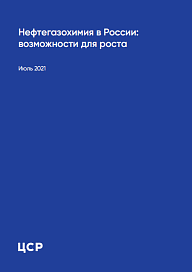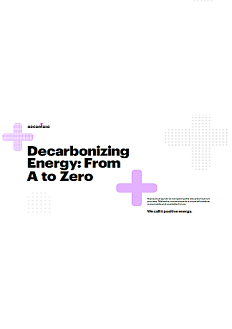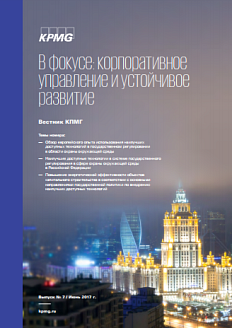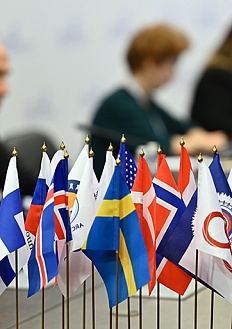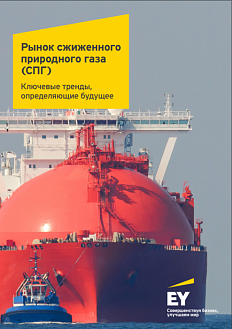The report of the Center for Strategic Research analyzes the global and Russian petrochemical markets, the risks, and prospects for their development, as well as measures to support the industry.
Analysts of the Roscongress Foundation have identified the main theses of this study, accompanying each of them with a relevant piece of video broadcasts of panel discussions held as part of the business programs of key events held by the Foundation.
Net zero transition may state petrochemicals as the «new normal» for oil and gas exporting countries.
The world is witnessing the development of the climate agenda and a gradual transition to low-carbon energy sources, which soon will cause risks of a decrease in demand for Russian oil and its refined products. At the same time, global demand for plastics is projected to grow steadily, with petrochemicals to become the most significant growing segment of global oil demand until 2030.
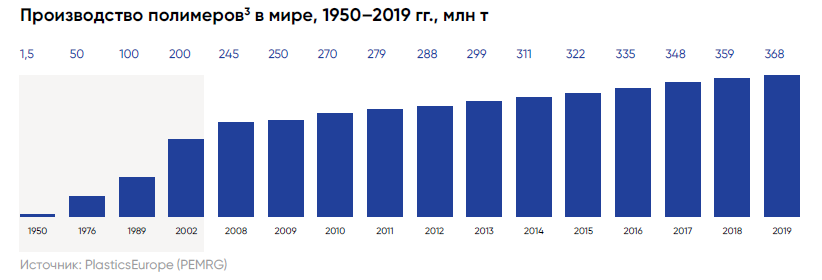
Russia is actively responding to these trends: in recent years, the policy to stimulate the development of the petrochemical industry has intensified, which mainly includes benefits for manufacturers. It is focused on achieving several goals, the main of which is the accelerated and efficient monetization of hydrocarbon reserves. A course is also being implemented to increase non-commodity non-energy exports, the formation of modern and competitive domestic technological competencies these strategic tasks can be solved to one degree or another within the framework of the development of the oil and gas complex. Another priority is to expand the use of plastic products in various sectors of the economy.
The development of domestic demand is a necessary condition for the development of the petrochemical industry; however, it is associated with a decrease in the effectiveness of measures to improve the environmental sustainability of the Russian economy.
The current export trend in the development of large-tonnage petrochemicals creates additional risks for business sustainability due to the volatility of the global market price environment. This factor has been especially evident in recent years in the synthetic rubber market, where even now the share of net exports in the production volume exceeds 60%. Also for high-volume plastics: by 2030, the share of net exports from production is expected to rise to 48-53% from 0.4% in 2018.
The impact of the effect of replacing primary polymers with «secondary» ones in Russia will be much less than in developed countries, primarily due to the slow implementation of the separate waste collection system, the lack of decisions to ban single-use plastic and the less developed waste recycling sector. This will also support demand for virgin hydrocarbons.
The state policy provides for many measures to support the petrochemical industry.
The current place of petrochemicals in the Russian economy is rather modest. The share in gross added value does not exceed 1.6%, the volume of investments in the industry is less than 3% of the total, the share in tax revenues of budgets is also at the level of 12%.
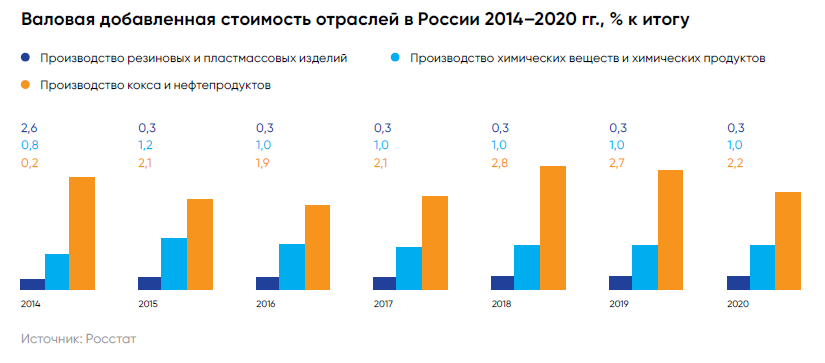
This situation led to the formation of a whole support and stimulate system to the industry, including:
• Tax incentives• Preferential lending
• Subsidizing
• Tariff and non-tariff protection measures
• Stimulating the consumption of Russian petrochemical products
We also invite you to familiarize yourself with other materials posted in special sections of the Roscongress Information and Analytical System Oil and Gas, Chemical Industry, Climate Change, dedicated to the development of petrochemicals in the context of the climate agenda.


